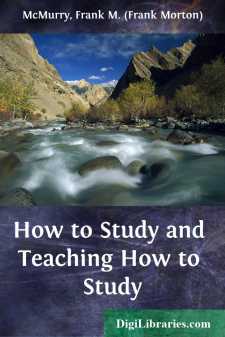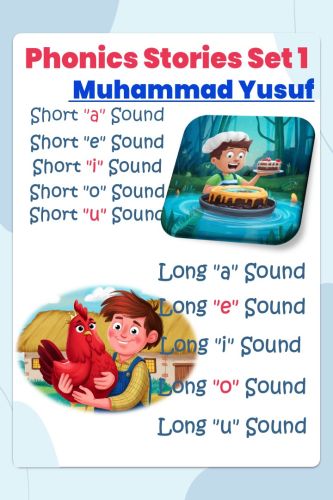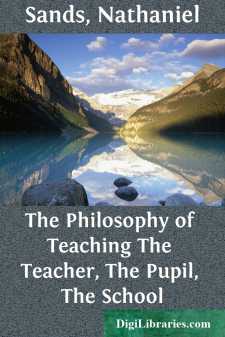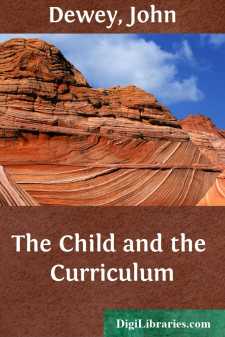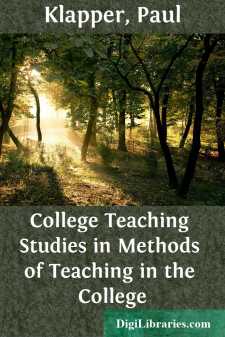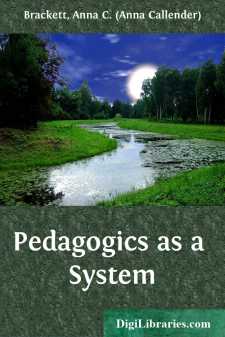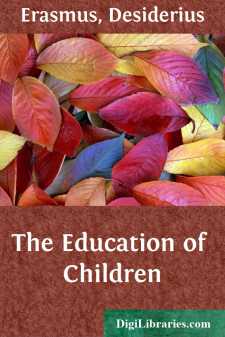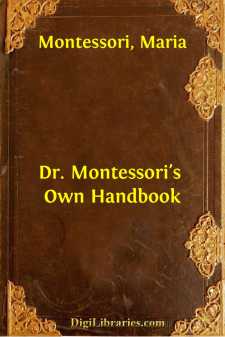Education
Education Books
Sort by:
CHAPTER I INDICATIONS THAT YOUNG PEOPLE DO NOT LEARN TO STUDY PROPERLY; THE SERIOUSNESS OF THE EVIL No doubt every one can recall peculiar methods of study that he or some one else has at some time followed. During my attendance at high school I often studied aloud at home, along with several other temporary or permanent members of the family. I remember becoming exasperated at times by one of my girl...
more...
by:
Muhammad Yusuf
Phonic stories to help Early Grade Readers, Spoken Other Languages.
by:
Nathaniel Sands
TEACHER AND PUPIL. Of the various callings to which the division of labor has caused man specially to devote himself, there is none to be compared for nobility or usefulness with that of the true teacher. Yet neither teachers nor people at present realize this truth. Among the very few lessons of value which might be derived from so-called “classical” studies, is that of the proper estimate in...
more...
HOW TO STUDY "For the end of education and training is to help nature to her perfection in the complete development of all the various powers."—Richard Mulcaster, 1522-1611. Education is an opportunity, nothing more. It will not guarantee success, or happiness, or contentment, or riches. Everything depends upon what development is produced by it and what use is made of it. It does not mean...
more...
by:
John Dewey
The Child and the Curriculum Profound differences in theory are never gratuitous or invented. They grow out of conflicting elements in a genuine problem—a problem which is genuine just because the elements, taken as they stand, are conflicting. Any significant problem involves conditions that for the moment contradict each other. Solution comes only by getting away from the meaning of terms that is...
more...
by:
Paul Klapper
PREFACE The student of general problems of education or of elementary education finds an extensive literature of varying worth. In the last decade our secondary schools have undergone radical reorganization and have assumed new functions. A rich literature on every phase of the high school is rapidly developing to keep pace with the needs and the progress of secondary education. The literature on...
more...
INTRODUCTION. § 1. The science of Pedagogics cannot be derived from a simple principle with such exactness as Logic and Ethics. It is rather a mixed science which has its presuppositions in many others. In this respect it resembles Medicine, with which it has this also in common, that it must make a distinction between a sound and an unhealthy system of education, and must devise means to prevent or...
more...
f thou wilt harken vnto me, or rather to Chrisippus, the sharpeste witted of Philosophers, y shalte prouide y thyne infante and yonge babe be forthewyth instructed in good learnyng, whylest hys wyt is yet voyde from tares and vices, whilest his age is tender and tractable, and his mind flexible and ready to folowe euery thyng, and also wyl kepe fast good lessons and preceptes. For we remẽber...
more...
HOW THE CHILD DEVELOPSCondition at Birth Let us see, then, exactly what his condition is. In the first place, he is, as Virchow, an authority on physiological subjects declares, merely a spinal animal. Some of the higher brain centers do not yet exist at all, while others are in too incomplete a state for service. The various sensations which the baby experiences—heat, light, contact, motion,...
more...
by:
Maria Montessori
DR. MONTESSORI’S OWN HANDBOOK Recent years have seen a remarkable improvement in the conditions of child life. In all civilized countries, but especially in England, statistics show a decrease in infant mortality. Related to this decrease in mortality a corresponding improvement is to be seen in the physical development of children; they are physically finer and more vigorous. It has been the...
more...


